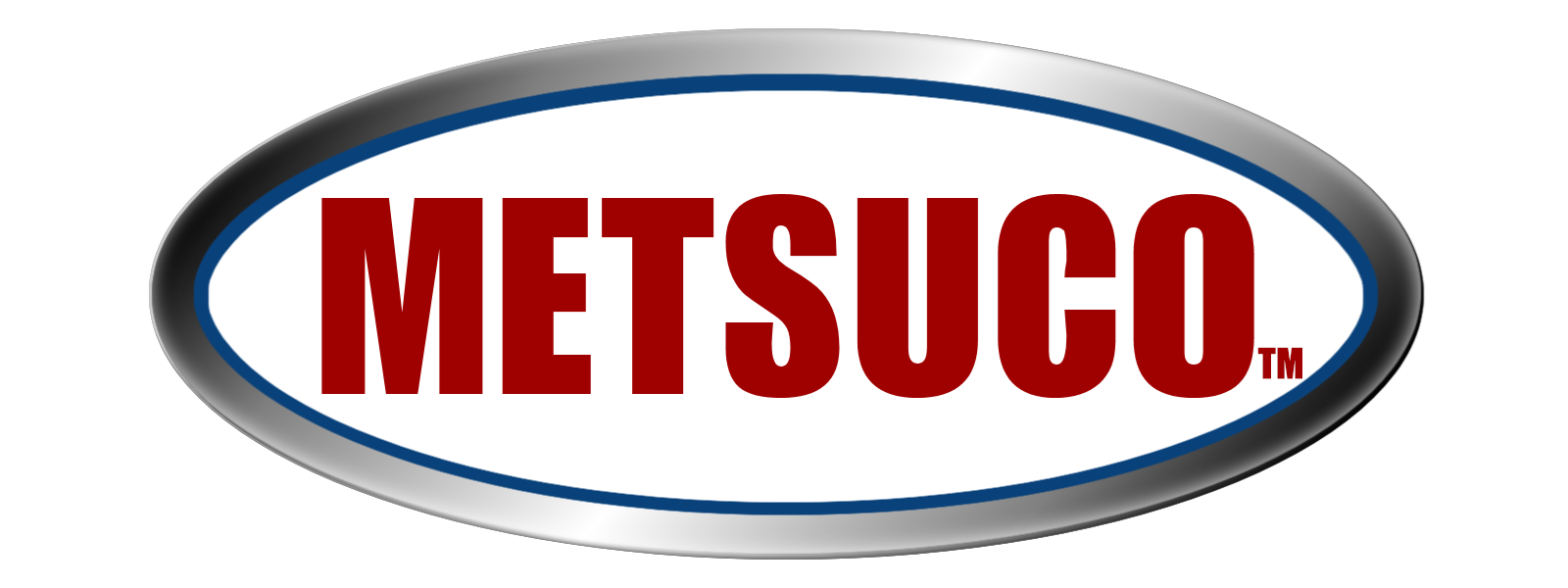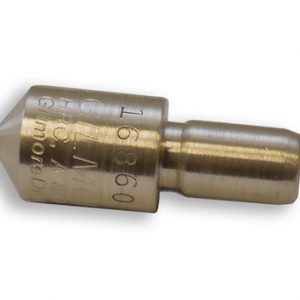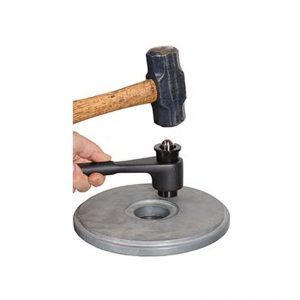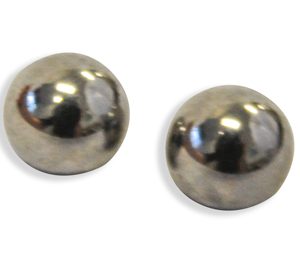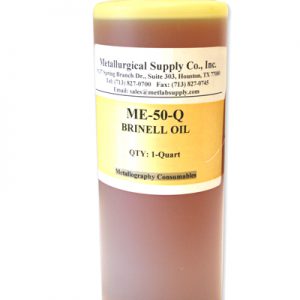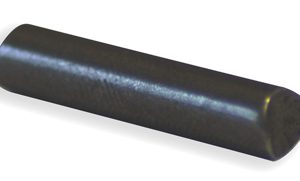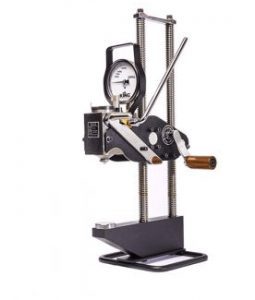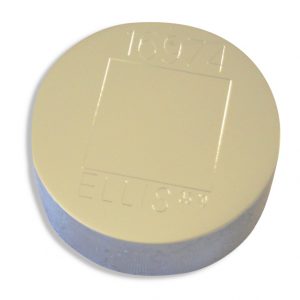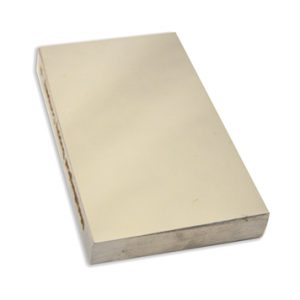Hardness Testing in the Automotive Industry
Being a leader in affordable hardness testers and hardness testing equipment, METSUCO has seen hardness testing in many different industries. One industry that which hardness testing is critical in the design and production process is the Automotive industry. Hardness Testing of ferrous and non-ferrous components to internationally recognized ASTM standards is a well-established process. Throughout the design and production process, from the frame to the engine, hardness testing is absolutely essential in quality control of the final product. Let’s look at exactly how that is the case.
What is a Hardness Test?
First, a quick refresher as to what is a hardness test. To understand what a hardness test is, you have to define what hardness is. The hardness of material refers to its ability to resist wear, tear, scratching, and abrasion cutting. Now, in understanding what hardness is, a hardness test is a rigid indenter, according to a predetermined condition, that is slowly pressed into the surface of the sample, and then testing the indentation depth or size, in order to determine the material hardness. There are different types of hardness tests that measure the hardness of metal and materials in different scales, Brinell, Vickers and Rockwell. We go into depth about the differences in Brinell, Rockwell, and Vickers Hardness Tests: The Differences Explained. Hardness testing is used by different industries, including oil and gas, to certify the hardness of the metal as per an API (American Petroleum Institute) or ASTM standard.
Different Sections of a Vehicle That Require Hardness Testing
The Engine
Many of these cast parts are heat treated, which could cause brittleness in the metal if the heat treat did not take correctly. The wear and strength characteristics of rotating and/or cast parts in the engine and supporting parts following heat treatment are critical parameters, and if one part cracks or breaks, it can lead to a costly rework and lost production time while early field failure can lead to increased warranty costs and customer dissatisfaction, and in a worst-case scenario, have passenger safety consequences.
Common Engine Parts Tested:
- Crankshafts
- Pistons
- Gears
- Engine Blocks
Drive Train and Suspension
From the leaf springs and coils to the frame, these are made from materials that require hardness testing in order to calculate the wear and tear these parts are able to take.
Common Parts tested:
- Driveshafts
- Gas struts components
- Suspension parts
- Springs
The Outer Body
The outer body of automobiles is the most exposed part of the vehicle that faces exposure to threats to both the life of their users and the life of the car. This requires sheet steel and composite materials used to create the outer body of an automotive vehicle need to be tested as well.
Types Of Testing in the Automotive Manufacturing Process
At Line Process Control
Keeping a hardness tester close to the manufacturing line reduces transportation of samples to a metallurgy laboratory for testing and puts the measurement data in the hands of the production engineers very quickly.
In-Line Process Control
With in-line process control, hardness testers can be incorporated into the manufacturing line and the measured data is used to directly control the heat treatment process.
Pass/Fail Testing
Hardness testing can also be used for testing of processed components as part of a final pass/fail quality inspection.
A Supply Source You Can Rely On.
From engine blocks to crankshafts, it is not hard to see that hardness testing is vital to the automotive industry. The impacts of understanding metallurgical stress and failure points have huge implications, from saving thousands to millions of dollars and saving lives by preventing failures, to helping develop new electric and hybrid vehicles. In an industry such as this where there is so much at stake in regard to these tests, it’s important to have the right metallurgical testing supplier. METSUCO has been supplying the automotive industry around the country for over 30 years with quality hardness testing supplies. This includes benchtop and portable hardness testers and testing blocks. We are here to build relationships with companies so as their hardness testing needs change, we can supply them with what they need at a reasonable cost. Call 713-827-0700 or email sales@metsuco.com with inquiries.
